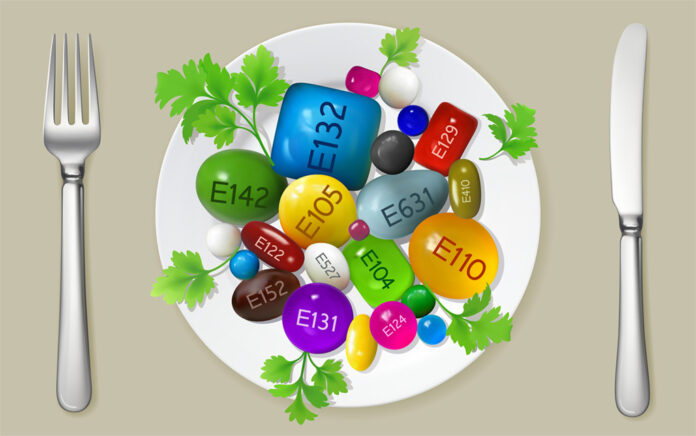If you follow the often obtuse thinking of author and historian Yuval Noah Harari, you can understand why he maintains that all human rights are nothing more than figments of our imagination. It’s an interesting concept, and the case he puts is compelling.
My take on his perspective is that nowhere in the natural world do human rights exist. However, all animals (including us humans) are born with an innate sense of self-value – a fight or flight factor that affords us the ability to act alone or in groups.
Until what Harari perceives as the ‘Cognitive Revolution’ arrived, early humans never acted in groups of much more than 150 people, and their associations were strongly tribal. Today, though, if we consider the shocking destruction in Gaza, we might well ask ourselves, what has changed?
Just thinking about those events and trying to make some sense of it all, I was reminded of an essay subject we were assigned in Christian living class when I was about 14. The title? Man’s Inhumanity to Man.
In Harari’s mind, what from the earliest days enabled humans to start acting in larger groups was the need to trade, and from there, as various dynasties developed, came a unifying standard for money. Ceasar’s coin could be presented anywhere, and it was illegal to deface or copy. Not that long after came another imagined concept – the limited liability company.
That in itself was a big step forward on the human rights front because it meant a man didn’t have to sell off his children to pay his debts. Then, in 1266, what became recognised as ‘the baker’s mark’ developed into the trademark system we know today.
It’s interesting that trademarking first occurred with food. Today, many governments require companies to state what is contained in the foods they produce, but unless you are blessed with a degree in science, you are unlikely ever to understand what they’ve put there.
As time passed, people trusted Ceasar’s coin probably as much as we ‘worship’ the American dollar today, but should we trust a website that extolls the virtues of Preservative 202? And ask yourself, did you have any idea what Preservative 202 actually was until you clicked on the link? On top of this, is it any healthier for you just because it is vegan?
If any of this throws you into a quandary and you start wondering how on earth potassium sorbate connects to events in Gaza or coins from ancient Rome and you just can’t figure any of it out because it’s all too complicated, then Harari has an answer for you. It is. Life has become too complicated for us all to understand.
The outcome is that we put our trust in organisations to tell (or not tell) us what is important.
While governments seemingly accept that we have a right to know what is in our food, there is no mandate for them to define what healthy food actually is. New Zealand’s dairy industry provides an example worth considering.
On the doors of every tanker that retrieves cow’s milk from the nation’s dairy farms, there is a slogan: Dairy For Life. It’s an expression we can easily dismiss as a piece of marketing hype, perhaps, but therein lays a problem. Does it matter much? What’s the point of questioning it? And how can you deny that cow’s milk doesn’t provide nourishment when so many humans grow up on it.?
The odd thing is, though, we never seem to wean ourselves off it. It’s a circumstance that baffles acute observers like Brenda Davis, who notes that no other mammal requires the milk of another species to survive.
What makes us so privileged? Or, could it be that we’ve fallen victim to another invisible concept that Harari also talks about – branding? Surely, we must feel comforted by the fact that if dairy gives us life then the company producing it must also have our best interests at heart with every product it produces.
The truly scary fact here is that science has now confirmed that we’re all particularly vulnerable to aggressively marketed products from a very early age, and the dairy industry is not the only culprit.
Quite apart from explaining the contents of our food, we surely have the right to know what foods are actually healthy for us. In a world of marketing obfuscation and downright lies we hold this to be a basic human right and we call on governments and health administrations everywhere to come up with a unified Declaration on Food Health – one that not only fits future human consumption but aligns closely with a world worth living in.
Peter Barclay
Editor, Whole Food Living






